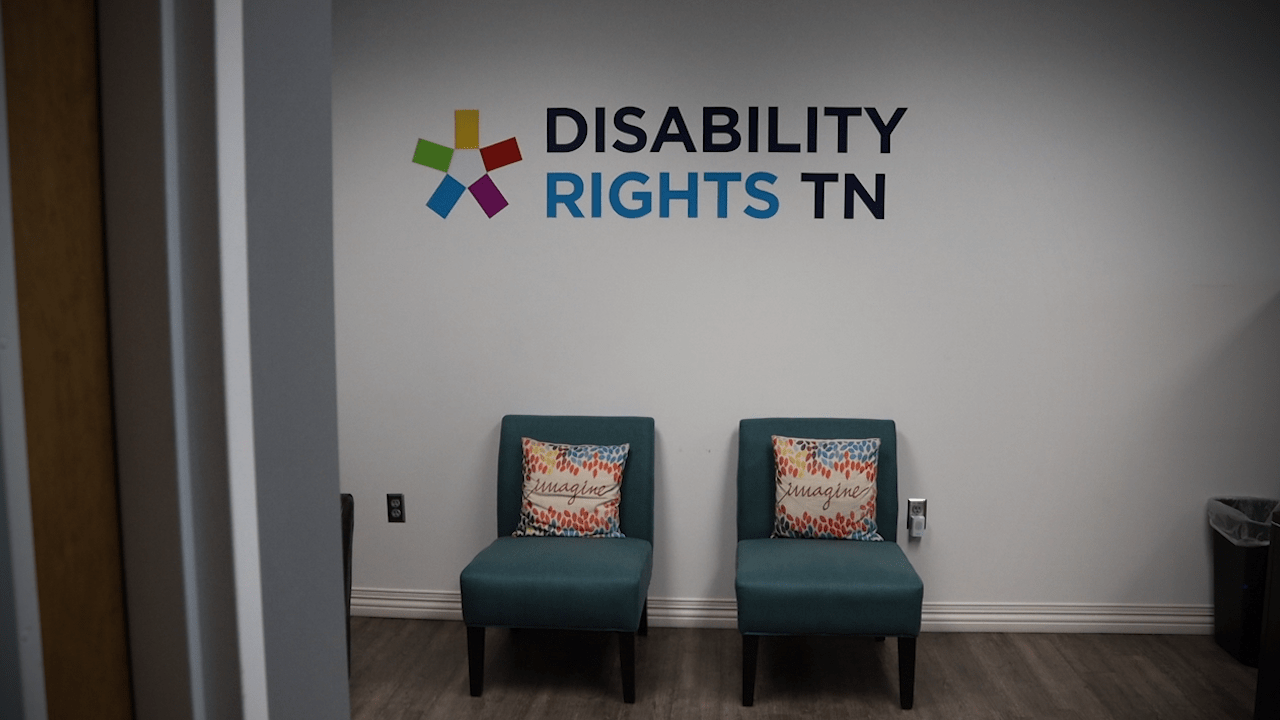NASHVILLE, Tenn. (WKRN) — In July, a federal court ruled that the Tennessee Department of Corrections (TDOC) violated federal law, including the Americans with Disabilities Act, and issued partial judgments for multiple plaintiffs.
The judge found that TDOC failed to provide sign language interpreters in connection with prison programs, medical appointments, religious services and legal proceedings. The judge also found that TDOC failed to provide video calling to some inmates who are deaf or hard of hearing.
“One in eight people have some type of hearing loss, so if that’s the population, you can expect to see a significant number of people in prison who are deaf or hard of hearing,” explained Stacey Price, legal director for Disability Rights TN.
📧 Get the latest news: Subscribe to News 2 email alerts →
“One of the plaintiffs had hoped to earn his GED while in prison so that he would have more job opportunities upon his release. In fact, he was released, but … he was unable to get his GED because he did not have a sign language interpreter,” Price said. “After his release, it was very difficult for him to find work.”
The lawsuit was filed in 2020 on behalf of several inmates. According to court documents, the plaintiffs identified 269 instances between 2015 and 2023 when interpreters should have been provided but were not.
“One of the plaintiffs is deaf and has three children who are deaf themselves,” Price added. “He was unable to communicate with or see his children for over a year because he did not have access to video calling.”
In her ruling, Judge Aleta A. Trager wrote that accommodations for deaf inmates “were often not provided by TDOC.”
“Concerned families call and say, ‘I haven’t heard from my deaf family member in prison for six months’ or ‘I don’t know how to contact them, the phone’ – they’re understandably very worried and upset about their loved ones,” Price said. “We also get letters from people who are deaf or in prison – some of them understand English, some don’t – or they have friends. [and have them] “Write me a letter saying, ‘Please help me.'”
While the ruling resolves some of the key claims in the case, the Court must still rule on the remaining claims, as well as remedies for those breaches. The Court must also determine damages for the individual plaintiffs. The trial is scheduled for January 2025.
⏩ Read today’s top stories on wkrn.com
“This order is a major victory for deaf prisoners in Tennessee and will set a precedent on many issues that will be valuable to all deaf and hearing prisoners across the country and the organizations that work with them,” said Amy Robertson, co-lead counsel with Disability Rights Advocates.

